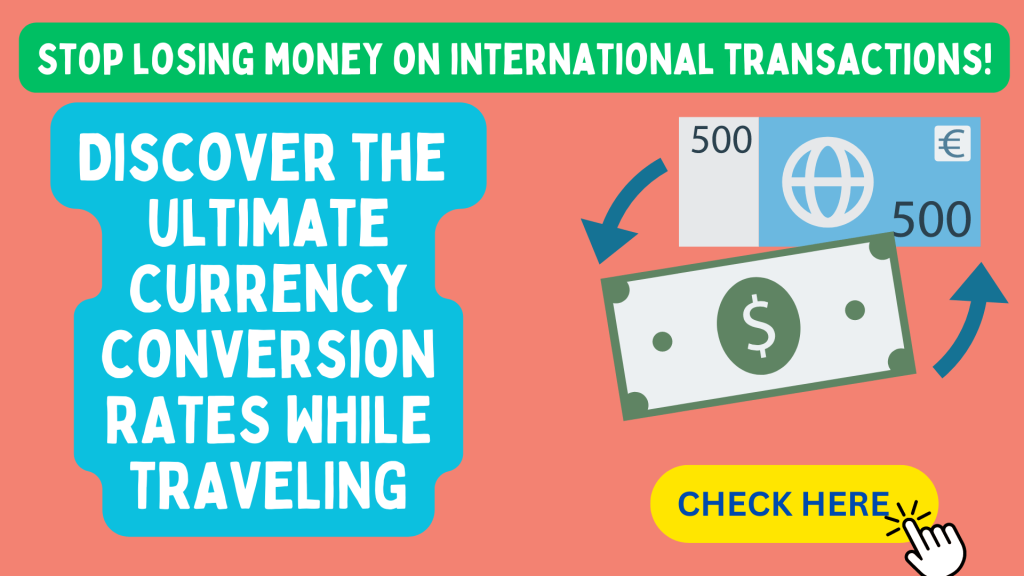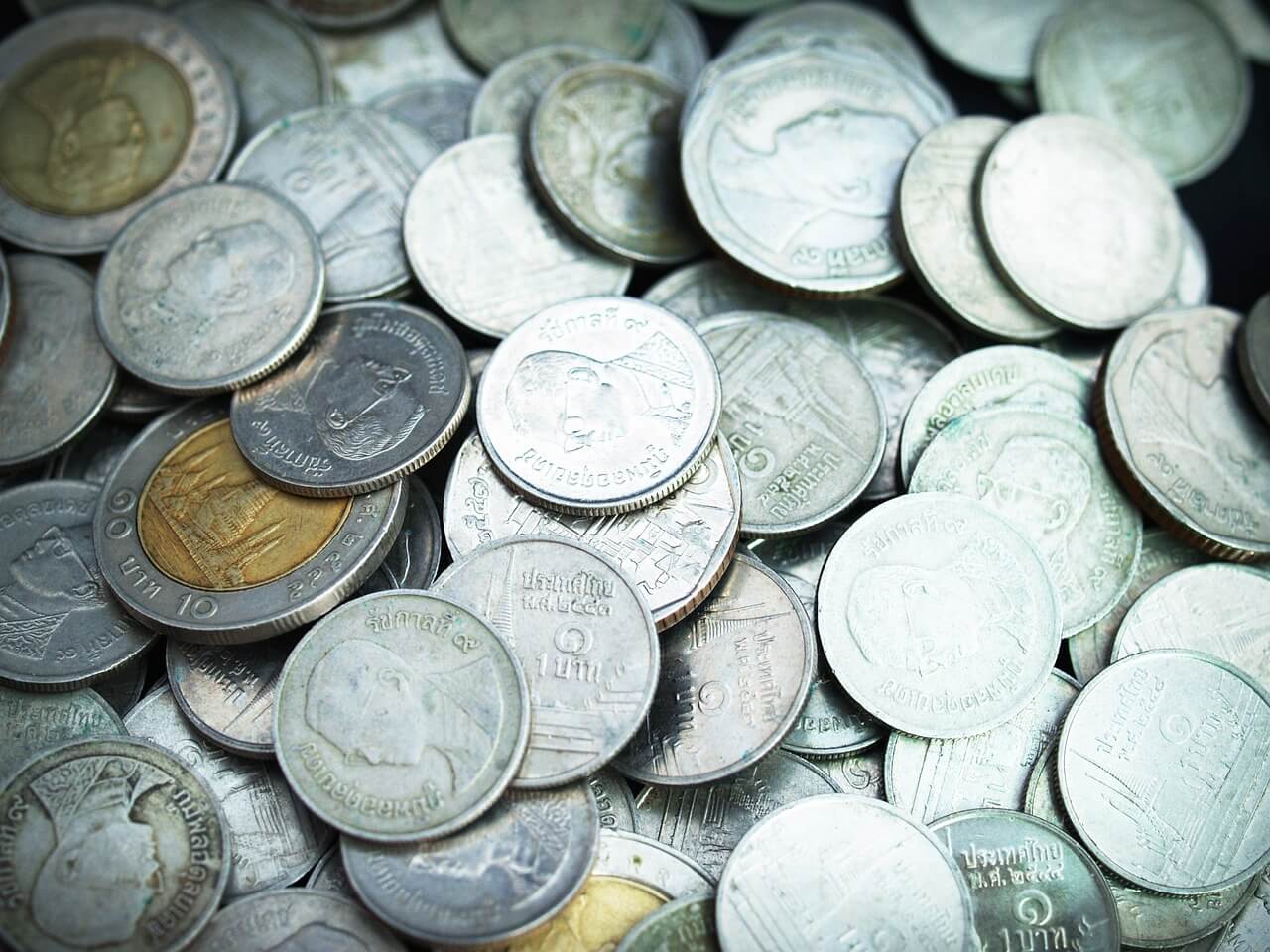
Currency conversion is a crucial component of international travel that can significantly affect your budget and experience as a whole. Understanding the exchange rates between the currencies of the nations you are visiting is crucial for travelers, as is having a strategy for changing their money. This post will concentrate on the Thai Baht to USD exchange rate particularly, offering you useful advice to make the currency conversion process go as smoothly as possible.
The official currency of Thailand is the Thai Baht, which is widely used there. The US dollar, on the other hand, is one of the most commonly used currencies in the world and is accepted in the majority of nations. Understanding the exchange rate between these two currencies is essential for planning your spending and preventing unexpected costs while travelling.
Understanding Thai Baht To USD
Understanding the currencies, you’ll be using is crucial if you want to maximize your vacation budget. An summary of the USD and Thai Baht is provided below:
Thai Baht
The Thai Baht, which is represented by the sign ‘฿’ is the country of Thailand’s legal tender. It is divided into 100 Satang, or smaller amounts. Coins are available in denominations of 1, 2, 5, and 10 Baht, while banknotes are available in denominations of 20, 50, 100, 500, and 1000 Baht.
US Dollar
The US dollar, which is represented by the symbol “$,” is the country’s legal tender. It is the most extensively used form of payment in the world and is accepted in the majority of nations. The coinage is available in the following denominations: 1, 5, 10, 25, 50, and $1. The banknotes are available in the following denominations: $1, $5, $10, $20, $50, and $100.
Contrast Between The Two Currencies
Thai Baht is currently weaker than USD, with 1 USD equaling roughly 34.18 Thai Baht. However, depending on a number of variables like demand and supply, inflation rates, interest rates, and political and economic stability, the exchange rate can change daily. To prevent any unpleasant shocks while changing currencies, it is crucial to keep an eye on the current exchange rate.
Methods for Currency Conversion
There are various ways to convert currencies while travelling. Here are a few of the most popular techniques:
- Use of currency conversion apps: There are a variety of rapid currency converter apps available for both Android and iOS smartphones. These apps are practical for conversions while travelling because they typically update in real-time and offer correct currency rates.
- Manual calculation: This is another alternative for currency conversion if you don’t want to rely on technology. To do this, you must convert the currencies using a calculator or the calculator app on your phone. This approach, however, can take a while and might not give you real-time exchange rate changes.
- Exchange bureaus: Exchanging money through exchange bureaus is among the most popular ways to convert currencies. These bureaus provide a simple way to exchange currencies and are typically found at hotels, airports, and tourist regions. Before making the exchange, it is crucial to compare rates and fees across various exchange bureaus because exchange bureaus frequently impose high transaction fees.
It’s crucial to remember that currency conversion can also be done via electronic payment methods like credit cards, debit cards, and online payment systems like PayPal. However, it’s important to check with your bank or credit card provider to understand the costs involved with using these payment methods abroad as they frequently come with extra fees and exchange rate markups.
Factors Affecting Currency Conversion
The Thai Baht to US Dollar exchange rate is influenced by a number of factors. You can better plan your currency conversion and make judgements if you are aware of these issues. Here are some important variables that affect currency conversion:
- Exchange rates: The exchange rate is the most crucial factor affecting currency conversion. Exchange rates fluctuate daily, and the rate can vary significantly based on the country’s political and economic stability, demand and supply, inflation rates, and interest rates.
- Transaction costs: For converting currencies, banks or exchange bureaus charge transaction costs. Before making the exchange, it is crucial to compare rates across various exchange bureaus because exchange bureaus typically charge higher transaction fees than banks.
- Conversion timing: Conversion timing can have an impact on exchange rates. Exchange rates are prone to alter at particular periods of the day, so it’s important to keep an eye on them before converting.
In order to prevent any unpleasant surprises or additional expenses, it is crucial to keep these things in mind while changing currencies. Making the most of your currency conversion might help you save money by preparing ahead of time and periodically checking the exchange rate.
Guidelines for Easy Currency Conversion
Even though it can be difficult, converting currencies doesn’t have to be. Here are some helpful pointers for a hassle-free currency conversion:
- Research the current exchange rate, transaction fees, and any associated costs with currency conversion before your trip. This will enable you to plan your spending and prevent any unpleasant shocks when converting currencies.
- Avoid exchanging money at airports: If at all feasible, avoid exchanging money at airports because these locations typically charge greater transaction costs than other locations.
- Compare rates to find the best deal. To do this, compare exchange rates from several banks and bureaus. Don’t just choose the first solution you find.
- Think about using a credit card: Banks or exchange bureaus typically give worse exchange rates than credit cards do. However, keep in mind that using credit cards for currency conversion comes with additional costs and exchange rate markups.
- Make your currency conversion arrangements in advance to avoid rushing at the last minute. For emergencies, it’s wise to have some cash on hand, but try not to carry too much cash at once.
- Regularly monitor the exchange rate to be informed of any changes that may have an impact on your currency conversion.
- Converting currencies with the help of a currency conversion software is quick, simple, and accurate. Use one of the numerous readily available applications to download updates on exchange rates in real time.
Conclusion
Although converting currencies can be a difficult task, it can be made simple and straightforward with careful planning and research. You can make wise selections and avoid paying unnecessary fees and penalties by being aware of the variables that influence currency translation, the different accessible techniques, and currency conversion advice.
Converting Thai Baht to USD is a crucial part of your trip, whether you’re going for business or pleasure. You can stick to your spending plan and experience a hassle-free currency conversion by using the advice provided in this article.
Always remember that the secret to a good currency conversion is preparation and knowledge. To ensure a stress-free and joyful trip, check the current exchange rates, compare rates from several bureaus, and use currency conversion applications for real-time updates.

